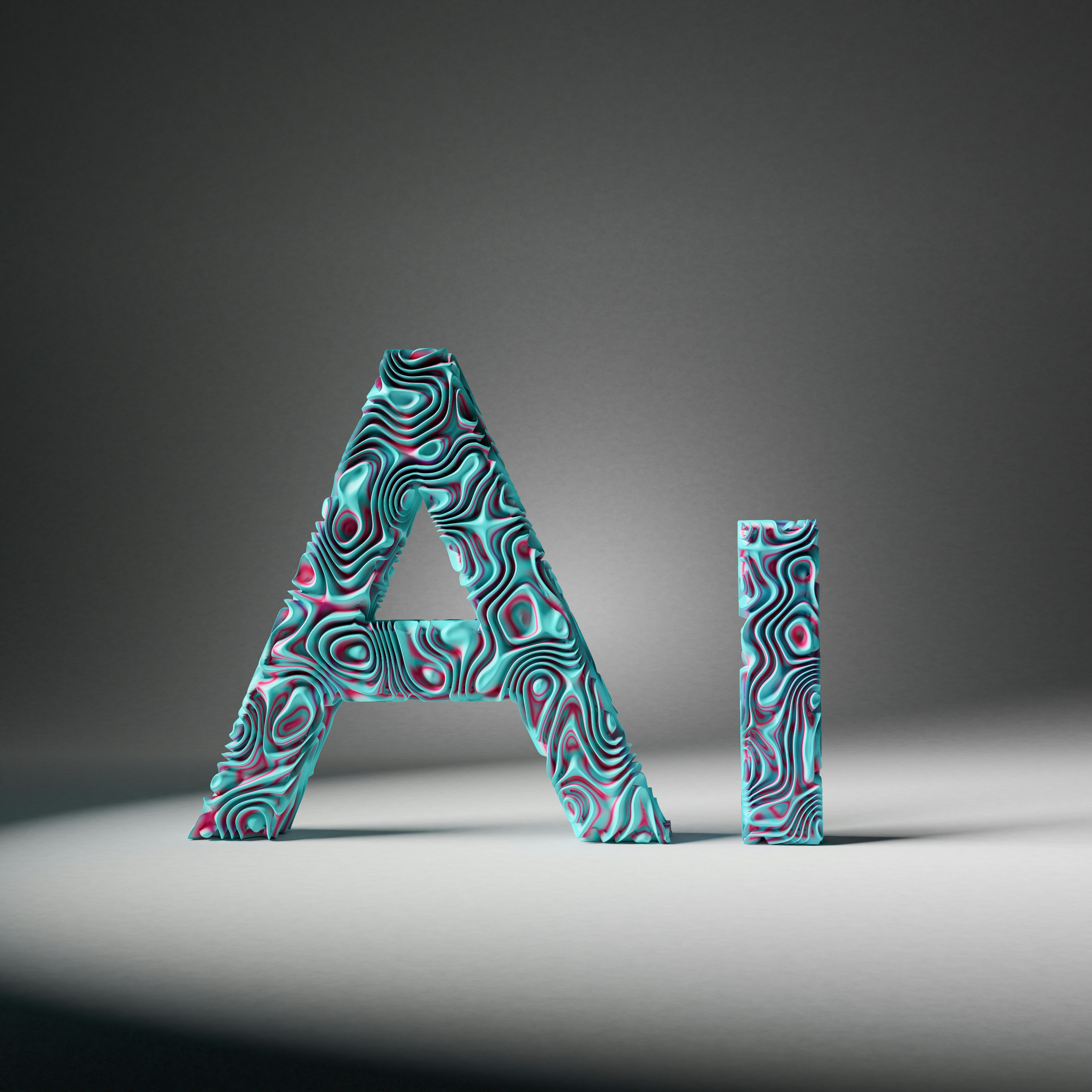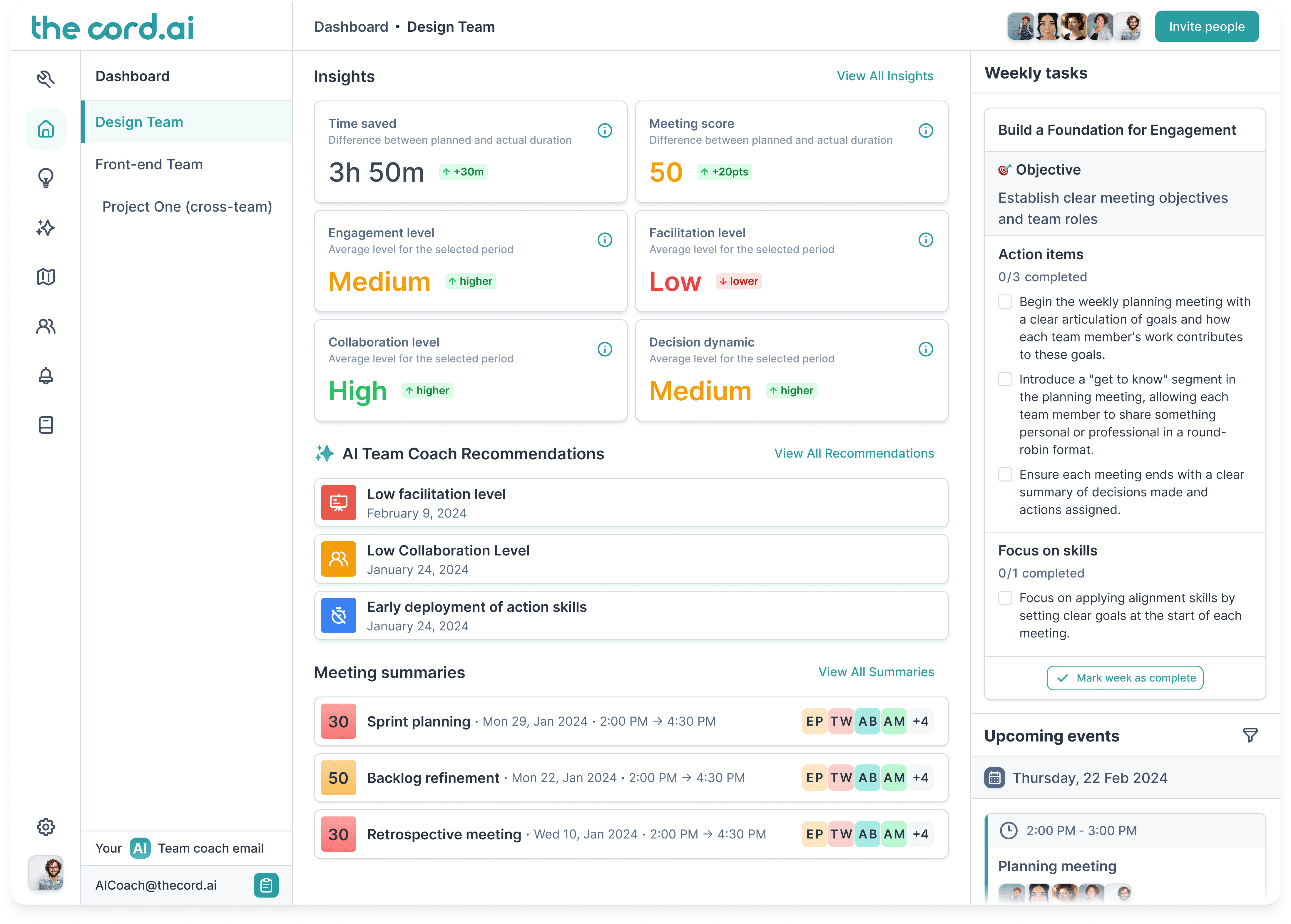The traditional model of structuring work around defined job roles is being revolutionised by the skills-based generation. This innovative approach focuses on harnessing individual skills rather than adhering strictly to job titles. By rethinking how work is assigned and managed, organisations can foster greater agility, innovation, and inclusivity.
What is a skills-based organisation?
It prioritises skills over job titles, enabling more fluid and dynamic work structures. It encourages breaking down traditional hierarchical barriers to enhance collaboration and adaptability. Companies like Unilever are pioneering this model, where roles are now approached as collections of skills rather than rigid job descriptions.
For over a century, jobs have been the foundation of work. However, confining work to standardised tasks limits organisational agility, innovation, and employee satisfaction. A recent Deloitte's survey of over 1,200 professionals revealed a growing preference for skills-based models. This approach decouples work from jobs, focusing on projects, tasks, and problem-solving. Employees are seen as unique individuals with diverse skills that can be applied flexibly across various tasks and projects.
Why you need to test this model
Enhanced innovation: by focusing on skills, organisations can leverage diverse talents to drive innovation. Employees can contribute more effectively to areas that align with their strengths and interests.
Increased agility: adaptability is core key skill to any organisation. Skills-based models allow for a more agile workforce, ready to respond to new challenges and opportunities.
Improved equity: skills-based hiring and promotions can reduce bias. Decisions based on skills rather than job history or networks promote fairness and inclusivity.
Better employee experience: workers feel more valued when their unique skills are seen and put into practice. This leads to higher engagement, satisfaction, and retention.
Implementing skills-based models
Transitioning to a skills-based model involves several key steps:
Redefine work structures: break down work into projects or tasks that align with organisational goals. This allows employees to apply their skills more flexibly and dynamically.
Develop a skills hub: create a centralised system to manage skills data, including assessment, development, and deployment. This hub can inform workforce planning and career development.
Leverage technology: utilize AI and other technologies to match skills with tasks and projects, provide learning opportunities, and facilitate internal talent marketplaces. For example, Haier employs a fully fractionalized work model, using an internal talent market to deploy skills across projects.
Foster a skills-based sulture: encourage a culture that values continuous learning and skill development. Provide training and resources to help employees build and demonstrate new skills.
theCoRD: facilitating skills-based team success
theCoRD is an innovative AI-powered platform designed to support skills-based organisations. It enhances team coaching by providing tools for better communication, collaboration, and performance tracking. With features like AI-driven skill assessments and project matching, theCoRD helps teams leverage their diverse skills effectively.
Embracing a skills-based approach transforms how organisations operate, making them more agile, innovative, and inclusive. By focusing on skills rather than job titles, companies can unlock the full potential of their workforce. Tools like theCoRD play a vital role in this transition, supporting team coaching and ensuring that skills are effectively utilised.











